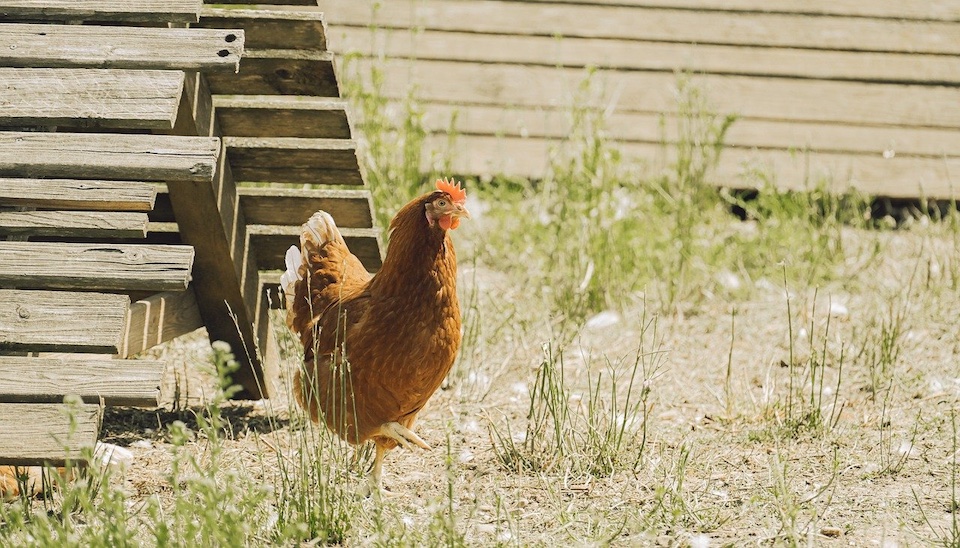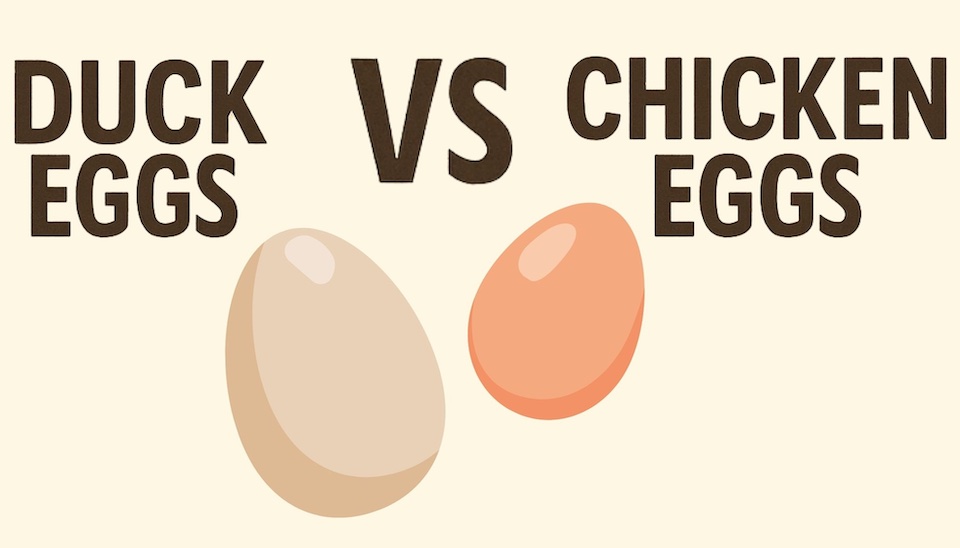How to Protect Chickens from Predators
How to Protect Chickens from Predators
The purpose of a chicken coop is to protect your chickens from predators. And maybe protect your garden from chickens! But even if you’ve never seen anything more threatening than a nesting magpie in your backyard, it is essential that your chicken coop can keep your chickens safe. In suburbia, as well as urban areas, there are plenty of animals that can harm your chickens. This list of chicken predators in Australia will let you know what you are up against, and How to protect Chickens from predators.
Protect your chickens from dogs with:
- A strong, high fence
- A solid or mesh-floored pen, or a pen with an apron
One of the greatest threats to backyard chickens comes from man’s best friend. Sadly, even a well-behaved pet can also be a chicken-killer if given the opportunity. Only observation will tell you whether a particular dog poses a threat to your chooks, so it is critical to ensure that your chicken coop is dog-proof. This is very important if you live in a more rural area where wild dogs pose a threat to livestock. Chickens can also come under threat from wild dogs and dingos.
Protect your chickens from cats by:
- Locking your chickens up at night
- Building a cat-proof enclosure with very high fences and preferably a roof
Cats tend to have a bad reputation when it comes to chickens. But in reality, only a starving cat would attempt to take a full-grown chicken, but there are definitely feral cats who would try. Even pet cats, however, pose a risk to chicks and bantams.
Protect your chickens from foxes with:
- A strong, solid- or mesh-floored pen, or a pen with an apron
- A night-time pen that is either roofed or has fences with a floppy top so that foxes cannot climb over
- Sensor lights
Foxes are incredibly successful predators and are becoming more common in Australia. They thrive, particularly in suburban areas. Foxes will use a range of tactics to get to your chickens. Foxes will dig under pens, climb over fences and also force their way through doors. While they primarily hunt at night, a fox will even snatch a chicken in broad daylight if access is easy enough.
Protect chickens from birds by:
- Providing good access to shelter (bushes, trees, pens) wherever birds free-range – the further birds have to run when a hawk is spotted, the less likely they are to get there
- Roofing your chicken run with chicken wire or bird netting
Hawks, eagles and other birds of prey are also highly effective hunters and chickens are on the menu. It is more common when birds are free-ranging in a rural area, but can happen anywhere.
Protect hens from snakes by:
- Using chicken wire that is no more than 20 mm square at least for the bottom half of the coop
- Using snake repellers
- Ensuring your coop does not have small holes or ill-fitting doors where snakes could enter
- Cutting back any overhanging trees and keeping grass around the coop short
All types of snakes, from carpet pythons to king browns, are attracted to the chicken coop. However, all but the largest snakes are more of a threat to chicks and eggs than to adult birds. That said, it is not uncommon for snakes to kill a bird only to abandon it when they find it is too large for them to eat.
Protect hens from quolls and Tassie Devils with:
- A sturdy coop with a solid or mesh floor, or an apron
Although they are not as common as other predators in most parts of Australia, these native animals can wreak havoc in a chicken coop. Both are protected species and need strong preventative measures to keep them out of your chicken coop.
How to protect chickens from goannas and lizards
- Tall fences with a floppy top to prevent climbing
While these reptiles are attracted to the chicken coop by eggs and vermin, I have seen goannas big enough to snatch a chicken!
How to Protect Chickens from Predators - Step by Step:
The list of chicken predators above shows that danger can come from all directions: the air, climbing over fences, digging under them, and even squeezing through gaps in the coop or chicken wire. For a predator-proof chicken coop, remember:
1. Prevent break-ins
- Strong, sturdy walls
- Chicken wire or bird netting with holes no greater than 20 mm square
- No gaps in door frames or similar
- Sensor lights
2. Prevent burrowing under
- A solid floor
- If a solid floor isn’t possible, a chicken wire or mesh floor attached to the coop
- If neither of the above is possible, and apron of mesh that is fixed to the coop and juts at least 30 cm out from it (ideally 60 cm) along the ground.
3. Prevent climbing over
- A roof of chicken wire or bird netting
- Strong, tall fences with a floppy top
- No overhanging branches
4. Prevent attacks from above
- A roof of chicken wire or bird netting
- Good access to shelter (trees, bushes and pens) in free-ranging areas
5. Other predator deterrents
- Sensor lights
- Short grass around the coop
- Snake repellers
For tips on keeping your chickens safe, healthy and happy, delivered straight to your inbox, sign up for our newsletter




